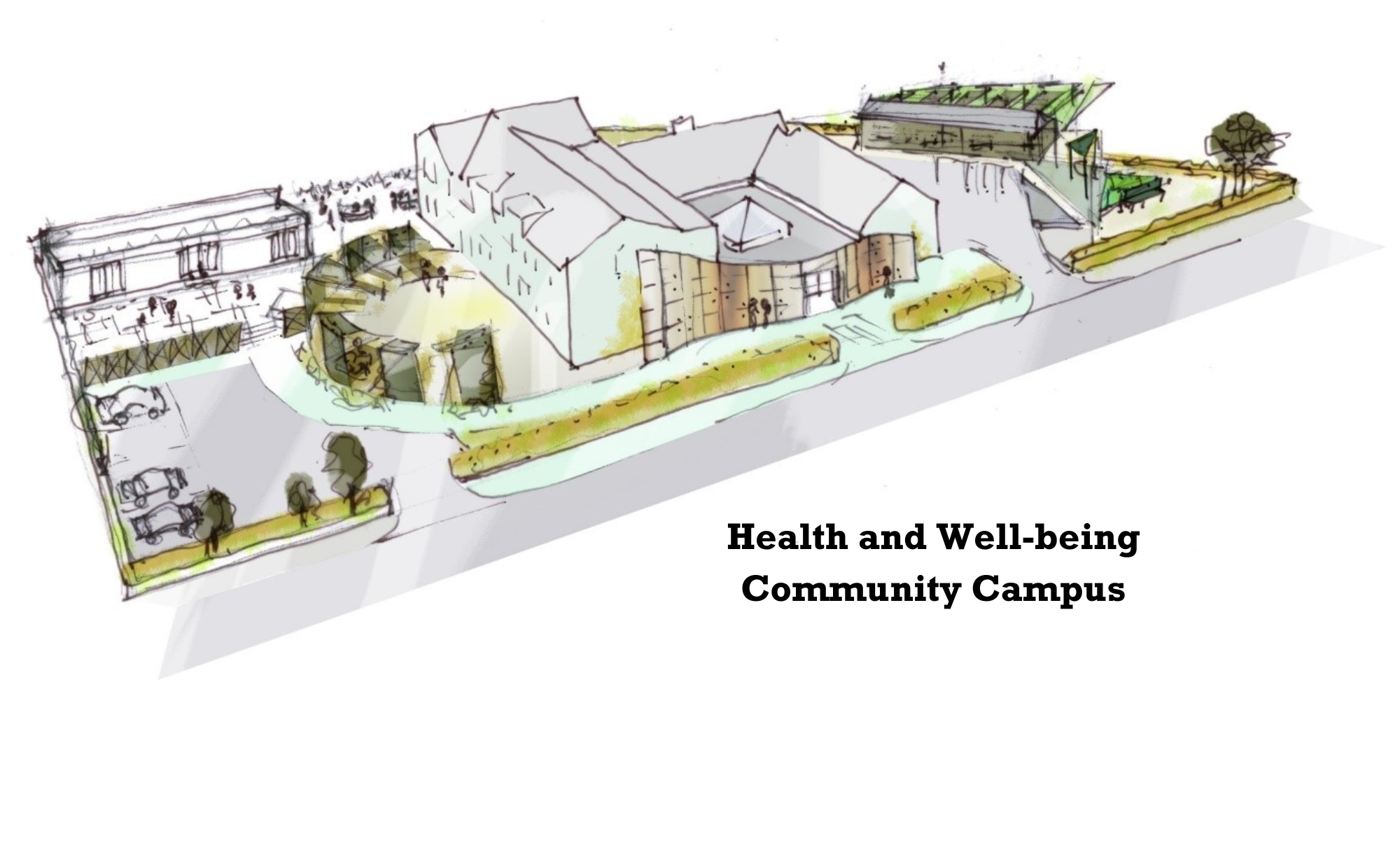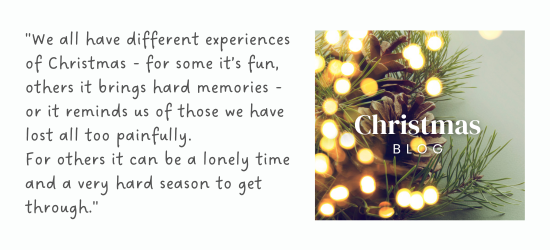NHS and local charity invite people to share their views on plans for Shipley Health and Wellbeing Campus
Bradford District and Craven Health and Care Partnership will host a community conversation drop-in event on Monday 4 March to hear from local people about proposals to re-invest proceeds from the future sale of Shipley Hospital into the new health, wellbeing, and community campus project.
The partnership wants to hear people’s ideas and views on how the money should be spent following the sale of the converted house which has previously been used as a maternity home and community hospital. Usually, half of the proceeds from the sale would be reinvested locally by NHS West Yorkshire Integrated Care Board and the other half would be returned to the Department of Health and Social Care.
The local NHS partnership is exploring the potential to retain more of the money within the local health economy and are working with stakeholders to try to retain up to 100% of the proceeds for local investment to support local charity The Cellar Trust in its development of a Health, Wellbeing and Community Campus on Farfield Road in Shipley, funding for most of which has been granted through the Shipley Towns Fund.
The aim of the HWCC is to develop a vibrant community-led hub offering a wide range of joined up support services. Bradford District and Craven Health and Care Partnership hope to use the proceeds from the sale of Shipley Hospital to support additional development, to enable delivery of a range of NHS services from the site.
Helen Farmer, Programme Director for Access to Care at Bradford District and Craven Health and Care Partnership said, “We want to hear from local communities about what services they might like to see delivered locally, understand how investing in the project could benefit the local population and hear about any concerns that people may have. People’s views and ideas will help our discussions with NHS Property Services and NHS England about reinvestment, so we look forward to welcoming as many people as possible to come and talk to us.”
“We think that the Health, Wellbeing and Community Campus project is an exciting opportunity that could enable NHS services to be provided from the same location as a range of other wellbeing support offered by voluntary sector partners. However, we are open to hearing about alternative ideas for how the proceeds from the sale of Shipley Hospital could be used.”
Kim Shutler, Chief Executive at The Cellar Trust said, “The Health and Wellbeing Campus will be a welcoming and inclusive facility open to all residents of Shipley and surrounding areas. The HWCC will be a place where people can access a range of services to support their health and wellbeing.”
“The potential of additional funding from the sale of Shipley Hospital would enable us to create extra rooms, space and facilities meaning we could extend the range of services offered on site, open up more appointments, serving and supporting more people”
People are invited to attend the drop-in event at The Cellar Trust, Farfield Road, Shipley, BD18 4QP on 4 March 2024 2pm – 6pm.
Refreshments will be provided. Children are welcome and activities will be available for them. Please let us know if you have any access needs so that we can arrange appropriate support.
The event will provide an opportunity for people to look at the plans for the health and wellbeing campus, ask questions and share their ideas about how proceeds from the sale of Shipley Hospital could be used to benefit the local community.
Representatives from the following organisations will be available to answer questions:
- Bradford District and Craven Health and Care Partnership
- The Cellar Trust
- HALE
- NHS Property Services
- Rance, Booth & Smith Architects
- Philip Davies MP
For anyone who is unable to get along to the event, engagement teams will be visiting local groups and community settings to show them information about the Health, Wellbeing and Community Campus and talk about the project.
People can share their views online at engagebdc.com/shipley-health-wellbeing





